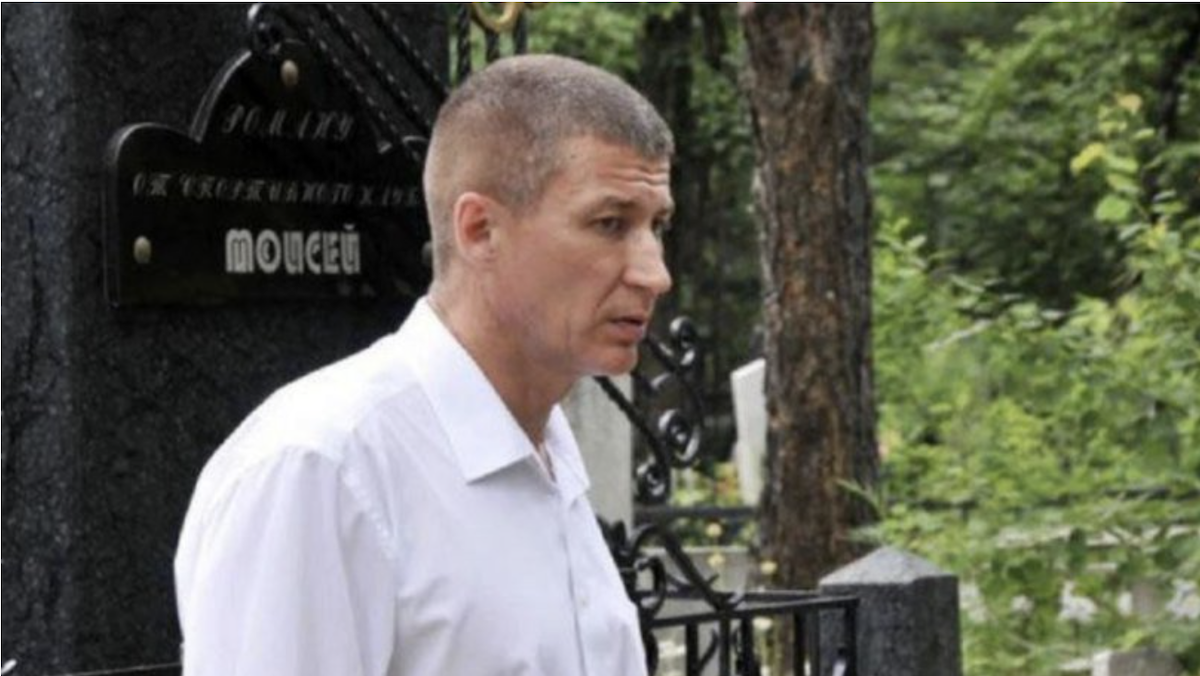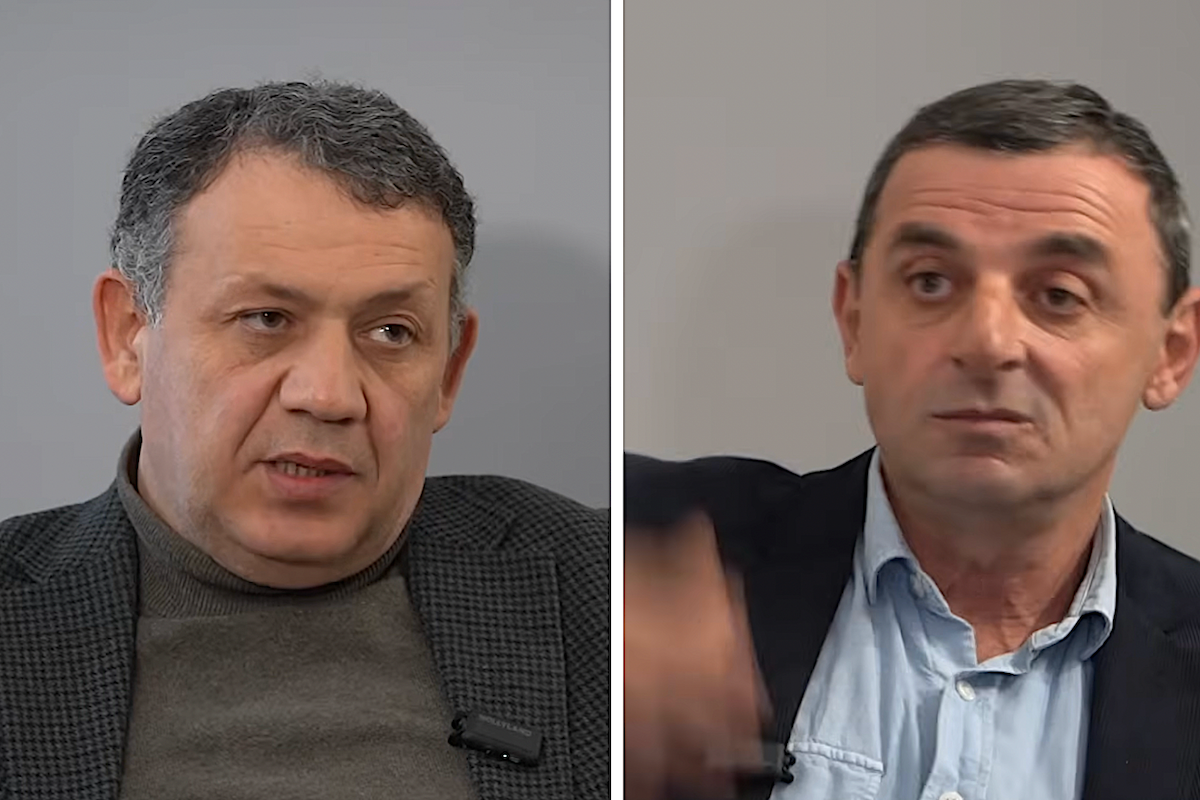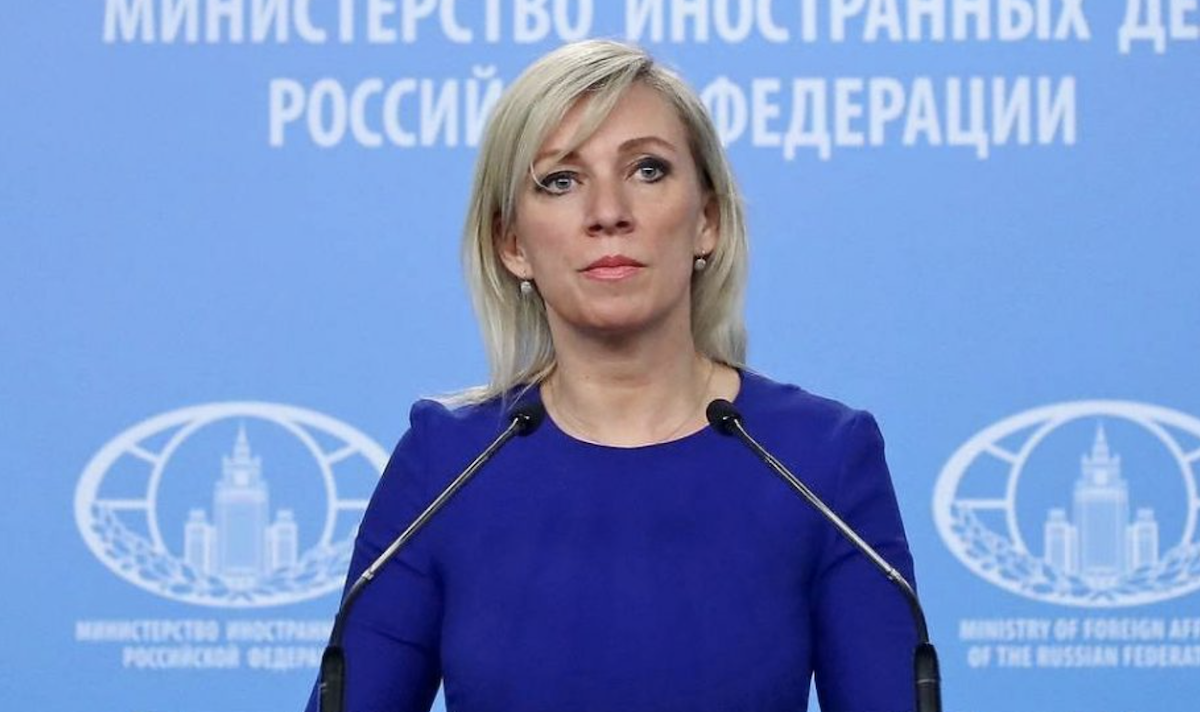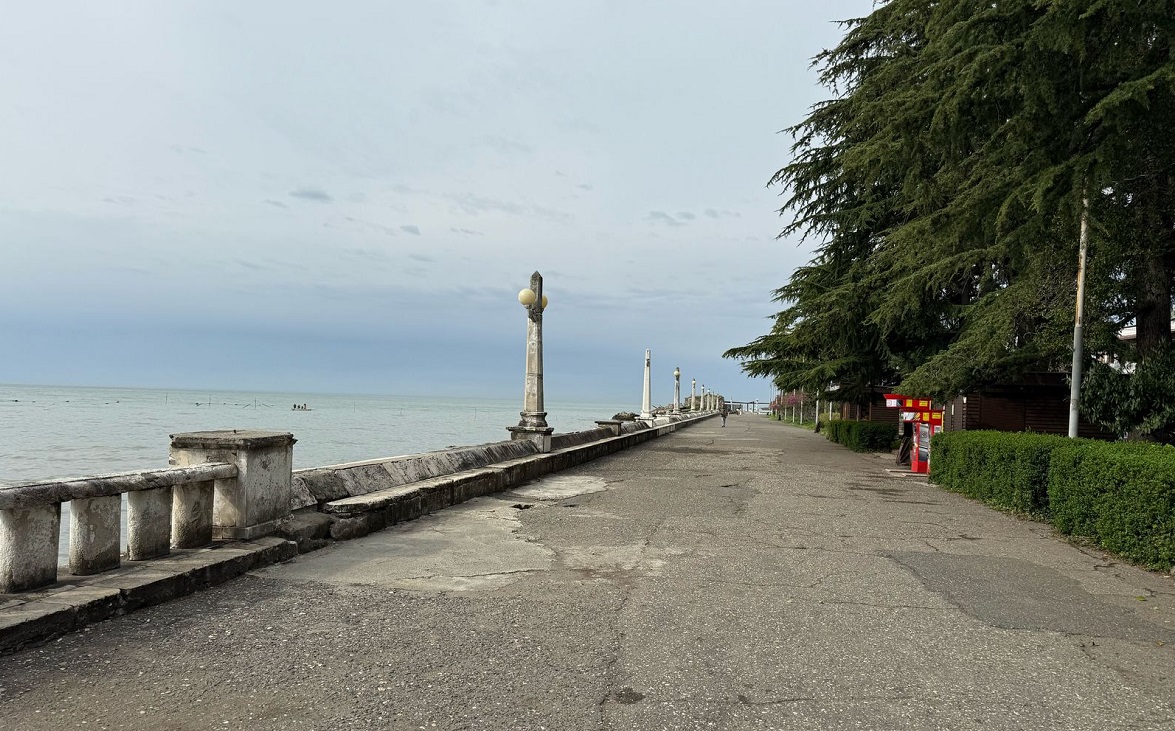Elections in Russia: Four unconventional ways to participate in politics amid repression
President elections in Russia
Update: Incumbent Russian president Vladimir Putin has secured 87.33% of votes as of the morning of March 18, after processing 99.01% of the protocols, according to state agency RIA Novosti. Following him is Communist Party representative Nikolay Kharitonov with 4.31%. Leonid Slutsky from the LDPR has 3.19%. Vladislav Davankov, representing the “New People” party, has so far garnered 3.79%.
On March 16-17, Russian president Vladimir Putin was elected for a fifth presidential term.
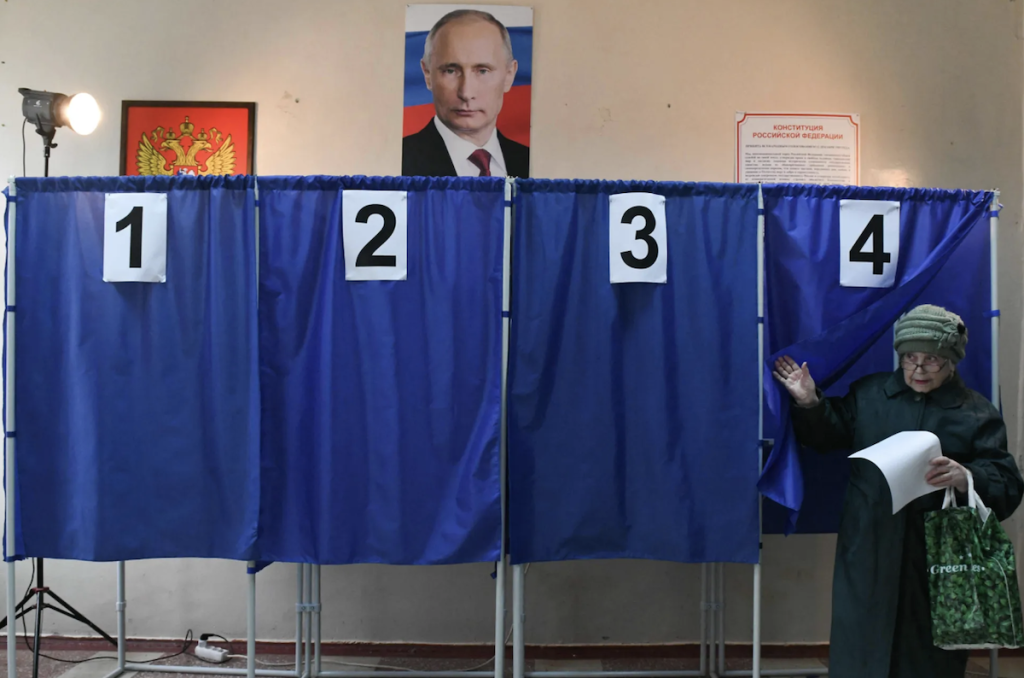
There’s no intrigue in the election results themselves — the state system was tasked with ensuring “Putin’s victory,” and it fulfilled that task. It has many tools for this purpose.
1. Forcing employees of state enterprises to ensure voter turnout. For instance, during the election campaign, the Kremlin employed at least 105,000 state organizations for voting propaganda — mainly schools, kindergartens, and local administrations.
The management of state enterprises forces teachers, educators, and doctors to write posts on social networks supporting Putin, following specific guidelines. These same people are required to show up at polling stations and ensure the attendance of their subordinates.
2. The voting process was stretched over three days, allowing for any number of manipulations with the votes during this time.
3. During these elections, the Kremlin bet on electronic voting, which was first tested during the Moscow city elections and then during the vote on the “constitutional amendments” that allowed Putin to run for a fifth term.
As the results showed, electronic voting allows the authorities to falsify any election outcome.
There were no independent observers at these elections. The overwhelming majority of activists who provided observer training and the observation process itself were either arrested or declared “foreign agents” and expelled from the country.
Despite this, there was a demand among the country’s citizens for some kind of alternative.
When, on November 16, 2023, the little-known deputy of the Rzhev City Council, Ekaterina Duntsova, announced her readiness to run for president, volunteers reported that nearly 120,000 people preliminarily agreed to support her in the next stage.
However, the Central Election Commission did not even allow Duntsova to move to the signature collection phase.
The next candidate, who theoretically could have received votes from opposition-minded voters, was former State Duma deputy and “A Just Russia” party functionary Boris Nadezhdin.
The only thing that drew citizens’ attention to this man were the anti-war slogans he intended to use during his campaign.
Surprisingly, the Central Election Commission allowed Nadezhdin to proceed to the signature collection phase (according to Russian law, independently nominated candidates must collect 300,000 signatures in their support, with no more than 7,500 signatures from one region).
Then, the Kremlin saw a picture it found unpleasant — people queuing up to sign for a candidate who was unknown just yesterday. As expected, the Central Election Commission deemed part of the signatures invalid and denied registration as a presidential candidate.
Russian voters had only a few ways to express their disagreement with the situation:
1. Simply ignore the elections and not go to the polling stations, thereby allowing the authorities to use their vote for their own purposes.
2.The second method involved spoiling the ballot, which many people did. Voters not only spoiled their own ballots but also, for example, poured brilliant green (a substance authorities used for public shaming of opposition figures, particularly Alexei Navalny) into ballot boxes.
3.The third method was to vote for any candidate other than Putin. Russian opposition politician Maxim Katz suggested using deputy chairman of the State Duma Vyacheslav Davankov as such a candidate.
The candidate and his party, by the way, refused to send independent observers to the elections in the regions and were not particularly pleased with the attention from the Russian opposition.
4.The fourth method was to come to the polling station at noon on March 17 and vote or spoil the ballot. The plan for this action was supported by the opposition politician Alexei Navalny, who was recently killed in a Russian prison. The “Noon against Putin” campaign evolved into more than just an electoral protest; it also became a memorial tribute honoring the regime’s principal challenger.
Authorities tried their best to hinder this campaign and any unauthorized electoral activities. Yet, the public fought back. On the first day of voting in Russia, authorities launched at least 15 criminal cases for “obstruction of electoral commission operations.”
These cases were opened after reports of citizens attempting to disrupt polling stations by throwing Molotov cocktails and defacing ballot boxes with substances like brilliant green, iodine, and ink.
Zhenya Snezhkina, Media Network













